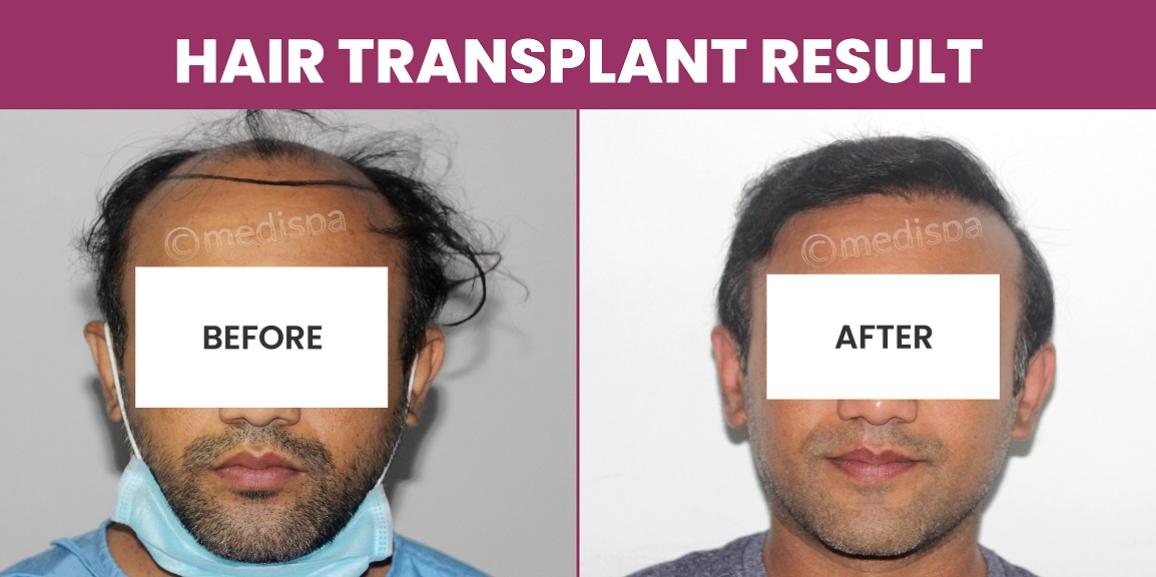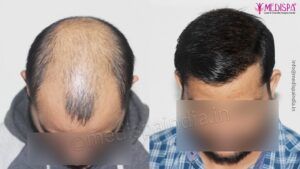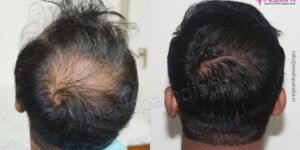
Numerous individuals facing hair loss often find themselves in a dilemma regarding the choice to undergo hair transplant procedures. This uncertainty is frequently rooted in concerns about the unnatural appearance associated with previous hair transplant methods, which often led to a plug-like aesthetic. Historically, hair transplants developed a negative image due to these antiquated techniques, resulting in outcomes that appeared artificial and unattractive.
Nevertheless, technological advancements have greatly enhanced the hair transplantation field, now providing permanent and natural-looking results. Despite these improvements, it is crucial to recognize that certain drawbacks remain. The increasing demand for hair transplants has resulted in a surge of clinics, leading to a highly competitive environment. While this greater accessibility has lowered procedure costs, it has also contributed to a decline in treatment quality, potentially compromising the effectiveness of hair transplants.
Options for genetic baldness treatment
Individuals experiencing hair loss often feel a pressing need to find a solution. However, many delay seeking professional advice, mistakenly believing their condition is merely temporary, and instead choose to self-treat. They frequently turn to a variety of cosmetic shampoos, lotions, and oils that purport to reduce hair loss, or those suggested by acquaintances. The actual efficacy of these products, however, remains largely uncertain.
Commonly employed temporary solutions include wigs, suction wigs, extensions, hair patches, and prosthetic hair. While these alternatives may offer a partial and fleeting fix, they require continuous maintenance and eventual replacement. Moreover, these options may not always provide a natural appearance, and achieving a more realistic look can be prohibitively expensive. As a result, investing in a costly and temporary solution may not be a wise decision. Additionally, the need for regular renewal appointments can become quite burdensome.
Finasteride, an oral prescription medication, and minoxidil, a topical solution, represent two therapeutic options that have demonstrated efficacy; nevertheless, the long-term implications of their usage remain uncertain. Upon discontinuation of these treatments, there is a possibility that the advantages may diminish. Conversely, hair transplant procedures, which utilize the individual’s own hair to successfully rejuvenate areas of thinning, stand as the sole permanent remedy for hair loss.
What is hair transplant?
Hair transplant surgery is a precise cosmetic procedure that entails the relocation of hair follicles from areas with a higher concentration of hair to those that are bald or experiencing thinning. This procedure is primarily aimed at restoration rather than regeneration.
The principle behind hair transplantation is based on the fact that not all hair follicles on the scalp are susceptible to hair loss; many are resistant to the effects of dihydrotestosterone (DHT). Hair loss generally manifests in the frontal region and the crown, where hair is more affected by DHT, leading to thinning and miniaturization before eventual loss. Although hair transplant procedures can produce favorable outcomes, it is important to understand that achieving a completely full head of hair may not be feasible. The procedure can effectively relocate approximately 30% of the lost hair follicles, as each follicle requires its own blood supply to receive vital nutrients. Despite its limitations in achieving total coverage, hair transplantation is considered the most effective and long-lasting method for hair restoration.
Is hair transplanting the best option?
Hair transplant cosmetic surgery presents a practical solution for individuals aiming to rectify receding hairlines or uneven hair loss, especially for those wishing to enhance their hairline. This procedure can significantly restore hair volume and thickness to a certain extent. However, it is crucial to maintain realistic expectations, as this treatment should not be regarded as a miraculous remedy that can entirely restore one’s appearance to its pre-hair loss state.
To ensure a satisfactory outcome from hair transplant cosmetic surgery, it is vital to take into account the following considerations before undergoing the procedure:
- The pattern of hair loss is largely determined by genetic factors and is typically progressive, indicating that additional hair loss may occur in other areas of the scalp that are sensitive to DHT, while only the transplanted hairs will remain permanent.
- Both the FUT and FUE techniques aim to minimize scarring. The FUT method may result in a nearly invisible linear scar when paired with trichophytic closure, whereas the FUE technique produces small, round scars that are also nearly undetectable.
- Existing hair in the donor area can effectively mask scars; however, it is important to recognize that very short hairstyles, such as crew cuts, may reveal these scars.
- A hair transplant does not create new hair follicles; it simply redistributes existing ones. If there is inadequate hair density in donor areas, achieving complete scalp coverage may not be possible.
- The results of a hair transplant are not immediate; patients should expect a waiting period of several months to observe the desired effects.
- This procedure demands a high level of precision, making it essential to choose a qualified hair transplant surgeon. It is recommended to select a surgeon who specializes in hair restoration and has advanced training in plastic surgery.
Medispa centers specializing in hair transplant in Jaipur and Delhi are leaders in the field, having successfully conducted thousands of procedures. Our commitment to delivering aesthetically pleasing results has established us as one of the premier hair transplant clinics in India. To minimize risks and complications, we strictly adhere to the highest standards of safety, hygiene, and facility management. Dr. Suneet Soni, a distinguished hair transplant specialist, is celebrated for his exceptional surgical skills and innovative approach. With over 18 years of experience and more than 10000 hair transplant surgeries to his credit, we provide top-notch services at competitive hair transplant cost in Jaipur and Delhi.







